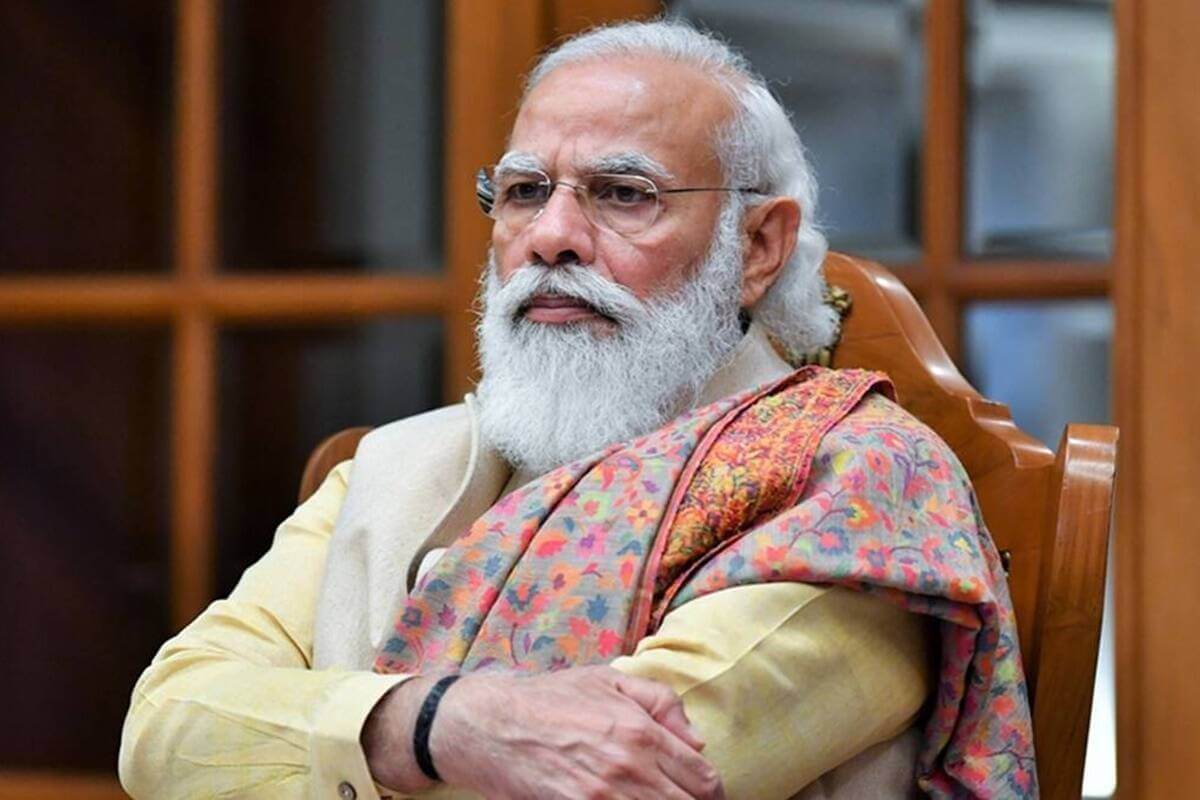Indian Prime Minister Narendra Modi will hold an all-party meeting with 14 leaders from Jammu and Kashmir, including former chief ministers, deputy chief ministers, and leaders of key political parties, on June 24. This is the first such meeting to be hosted by the Indian premier since the abrogation of the former state’s special status in August 2019.
The Hindu reported that leaders of the erstwhile state remain conflicted about their participation in the meeting and the prospective outcomes. On Sunday, leaders from the Peoples Democratic Party (PDP) convened discussions on the invitation and authorised party chief Mehbooba Mufti to “take the final call over [...] participation.” However, party spokesperson Suhail Bukhari said Mufti was hesitant to participate in the meeting “unless the Centre spells out its agenda” and “takes concrete initiatives.” Moreover, the Gupkar Alliance, formed to restore J&K’s special status, is also convening discussions with its leaders to discuss the participation in the meeting and the standard narrative that they intend to put forth.
Meanwhile, the National Conference’s (NC) senior leaders are likely to meet party president and former Chief Minister Farooq Abdullah on Wednesday. Previously, NC leaders Farooq Abdullah, Hasnain Masoodi, and Mohammad Akbar Lone boycotted meetings by central authorities, including those of the Delimitation Commission. However, Akbar Lone said the party would raise its concerns regarding the abrogation of Jammu and Kashmir’s special status during the discussion, indicating the leaders’ intention to attend the all-party meeting.
Leaders from the Jammu region, including members of the National Panthers Party and the J&K Apni Party, have agreed to participate in the all-party meeting and welcomed Centre-led solutions to the crisis in J&K.
Several rumours about the prospective outcomes of the discussions have been making rounds in the erstwhile state’s political circle since the announcement. Some believe that PM Modi will discuss the restoration of statehood to J&K. On the other hand, some think it is too early to discuss the issue, as it would require the Parliament’s approval. Experts also raised concern because the move comes after around 300 more paramilitary troops were deployed in Jammu and Kashmir, resulting in speculation among regional leaders and locals that it could prospectively be in pre-emption of a move like the one in August 2019.
Officials, however, have said that the meeting merely aims to discuss the restoration of the political process in Kashmir and commence the delimitation of the parliamentary and assembly constituencies.
Following reports on June 24 meeting, the Pakistani Foreign Office, quoting Foreign Minister Shah Mahmood Qureshi, urged India to refrain from taking any further steps to change the status quo in Jammu and Kashmir. The release also reiterated Pakistan’s opposition to any attempts by India to alter the erstwhile state’s demography.
Tensions between India and Pakistan have soared since August 5, 2019, following the Modi-led government’s decision to repeal Article 370 of the Constitution and abrogate the special status enjoyed by Jammu and Kashmir. Since then, both India and Pakistan have been pawning off the onus of improving bilateral relations onto the other.
For example, while speaking to the Anadolu Agency last month, Pakistani Foreign Minister (FM) Shah Mahmood Qureshi said Pakistan was ready to engage in diplomatic conversations with India if the latter was “willing to revisit” its decision revoking J&K’s special status.
The upcoming meeting, therefore, is also critical in determining the diplomatic relations between the warring nations.

